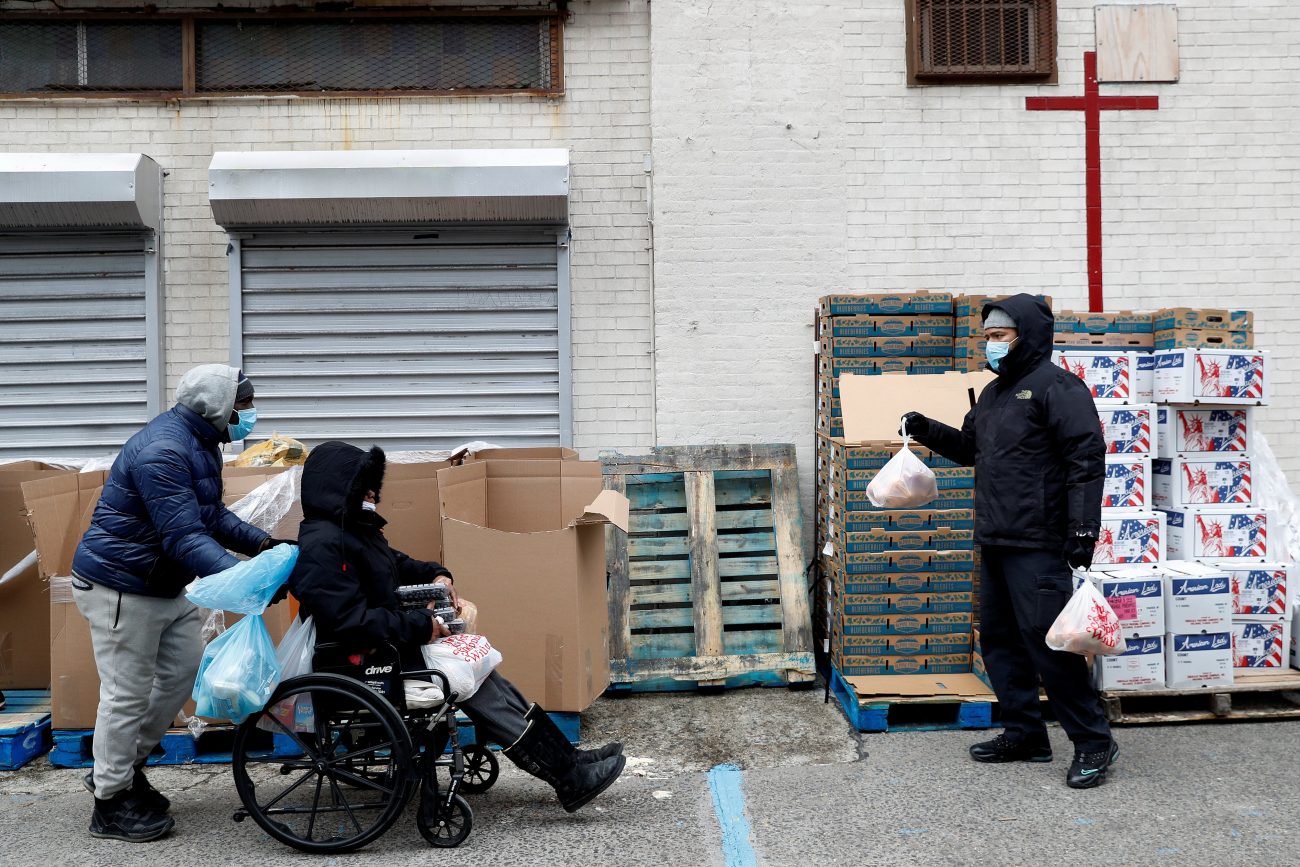WASHINGTON (CNS) — The chairman of the U.S. bishops’ domestic policy committee welcomed the extension of the federal eviction moratorium and an increase in nutrition assistance to families struggling through the coronavirus pandemic.
Archbishop Paul S. Coakley of Oklahoma City, who chairs the Committee on Domestic Justice and Human Development, said Jan. 27 that the steps by the incoming President Joe Biden administration were necessary for anyone experiencing hardship as the pandemic continues.
The Centers for Disease Control announced Jan. 20 that it was extending its order temporarily halting residential evictions until at least March 31.
[hotblock]
On Jan. 22, the Department of Agriculture announced a 15% increase in food stamp benefits at least through June under the coronavirus aid package passed by Congress in late December.
About 29 million people, including as many as 12 million children, live in households struggling to afford food, the department said.
“The extension of the CDC’s eviction moratorium is a positive step toward ensuring housing stability and keeping our communities safe,” Archbishop Coakley said in a statement released by the U.S. Conference of Catholic Bishops.
“Tens of millions are behind on rent payments and would be vulnerable to losing their homes without this protection. It would be detrimental to the well-being of all if more people became homeless in the midst of this public health crisis,” he said.
The boost in food stamp benefits addresses “the unprecedented levels of hunger among children” and will aid all people who are most at risk of hunger,” the archbishop added.
“These actions demonstrate a strong commitment to those in need,” he said.
“In our ongoing advocacy with Congress on COVID-19 relief, we have constantly emphasized that adequate nutrition and decent housing are basic rights under Catholic social teaching,” Archbishop Coakley said.
“These rights require action,” he added. “We continue to call on our government to pursue the common good and prioritize the poor and vulnerable during this challenging time.”
PREVIOUS: Panelists say abortion debate has become too political, needs wider focus
NEXT: Archbishop criticizes Biden, hopes for change from courts at vigil Mass



Share this story